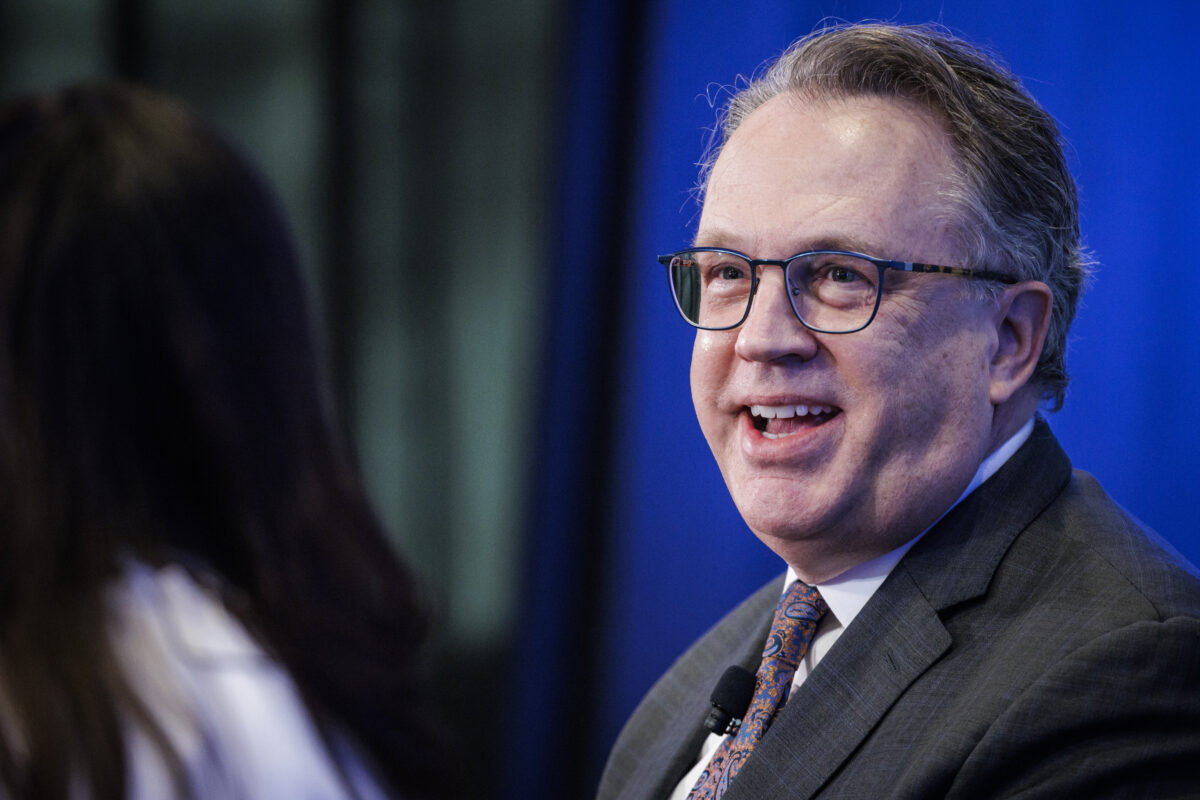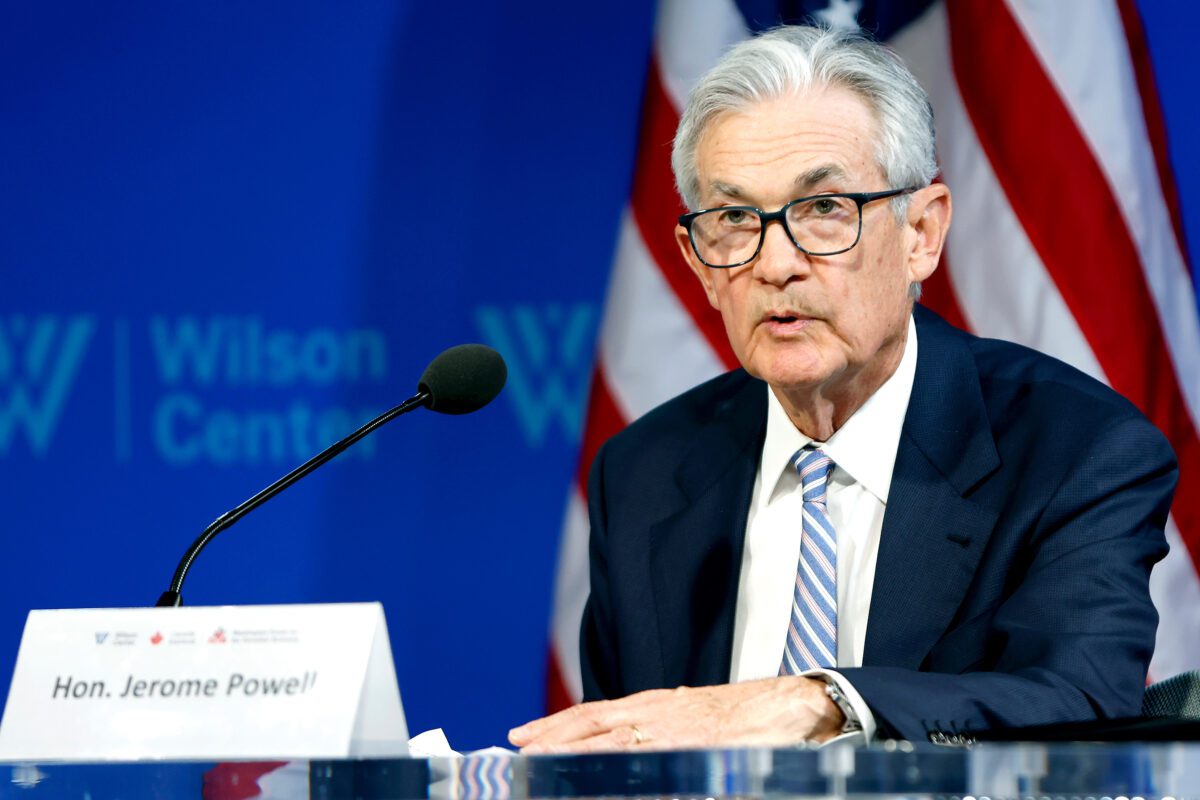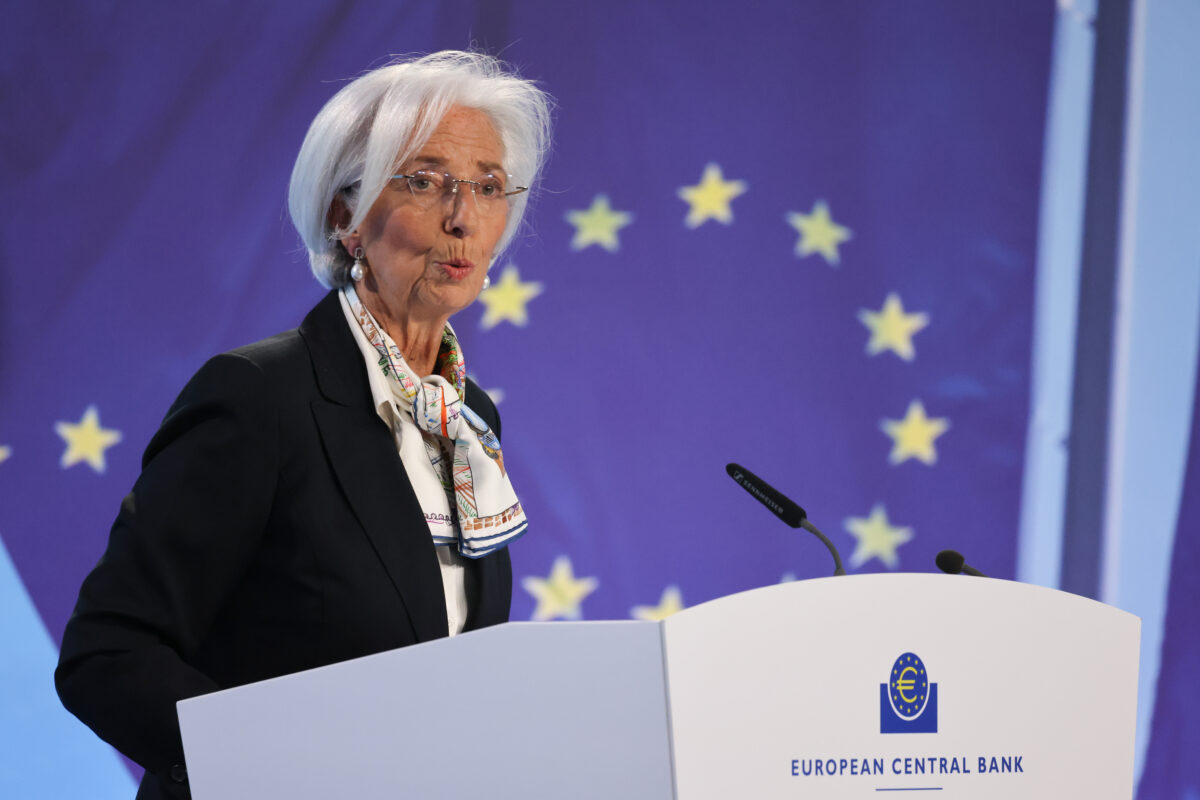FMW-Redaktion
Die Verbraucherstimmung Uni Michigan (2.Veröffentlichung) ist mit 95,1 etwas schwächer ausgefallen als erwartet (Prognose war 95,3, wie in der ersten Veröffentlichung).
Vor allem die Einschätzung der aktuellen Lage sank von 113,9 in der ersten Veröffentlichung auf nun 111,7 (Prognose war 113,7). Das dürfte an den Hurrikanes liegen – siehe den Kommentar unten..
Besser dagegen die Konjunkturerwartungen mit 84,4 gegenüber 83,2 in der ersten Veröffentlichung.
Richard Curtin, Chefvolkswirt der Umfrage:
„Consumer sentiment remained largely unchanged from the slightly lower level recorded at mid-month. The resilience of consumers has again been demonstrated as concerns about the impact of the hurricanes on the national economy have quickly faded. Given that the survey was able to reach most households in Florida and Texas in late September, it should be no surprise that small declines were recorded in the current financial situation of households. In the past year, there has been a long list of issues that could have derailed the overall level of consumer confidence, including the unprecedented partisan divide, North Korea, Charlottesville, and the hurricanes.
Confidence has nonetheless remained very favorable, moving sideward in a very narrow positive range. In the first nine months of 2017, the Sentiment Index averaged 96.2, just ahead of averages of 91.9 and 92.9 recorded in the prior two years, making 2017 the highest recorded since 2000. To be sure, the recent Sentiment levels are still well below the average of 105.3 recorded from 1997 to 2000, which has also been reflected in slower overall growth rates in consumer spending. Needless to say, resilience is an ineffable quality whose appearance or disappearance is difficult to predict in advance. While consumer resilience has lowered precautionary saving motives and increased willingness to spend and incur debt, those changes will still be constrained by slower income growth and consumers who are still more risk averse. Overall, consumer expenditures are expected to increase by 2.6% in 2017 and in the 1st half of 2018.“
Kommentare lesen und schreiben, hier klicken









